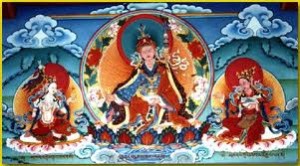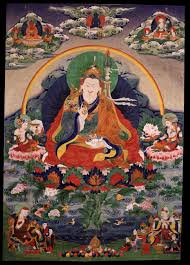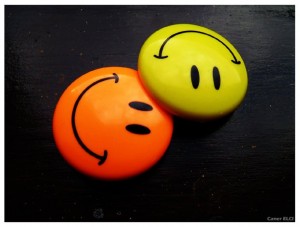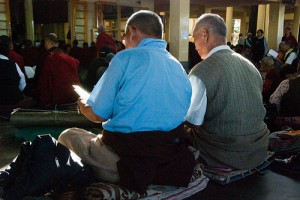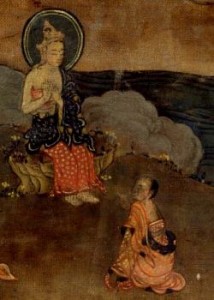The following is an excerpt from a teaching by Jetsunma Ahkon Lhamo called “Experiencing the Hook of Compassion”
When a student calls the teacher in their mind, when they begin to make their mind and their heart like a bowl, there are several different things that are happening. First of all, there is some fantastic auspicious karma that is ripening. In order for a student to even make that step, the student must have accumulated a tremendous amount of merit, of virtue, somewhere in the past. A non-virtuous mind cannot call the teacher with devotion. It cannot happen. They will not be able to experience that devotion, that gentling, that softening. So the student must know that about themselves: If they are responding with devotion, if they are really calling the lama, if they are really experiencing surrender, then there is some virtue in the student’s mind. The student should be happy and pleased with that.
When the student calls the lama, when the student practices that kind of devotion, it’s because the student has realized certain kinds of things; and the only way that real devotion can be practiced is if these things have been realized. First of all, the student has looked around and has seen that cyclic existence, or ordinary life, is flawed. It is faulted. The student has looked around—and sometimes it’s the older students that really in some ways, unfortunately, are able to do this, because they have seen their lives pass—and they look around and they say, ‘What have I done? I’ve worked so hard for maybe 55, 60 years. I’ve worked so hard, and what have I really accomplished? What am I going to take with me? What is this that I’ve done? What will happen when this time has passed?’
So sometimes older students are truly prepared to understand the faults of cyclic existence. Younger students have a much more difficult time with that, because younger students are still trekking along, you know. They’re still thinking, ‘Oh yeah, I can do this, and I can do this,’ and they’re still steamed up, puffed up with that ‘I can, I can do’ kind of thing. Too many exciting threads to pull. Too many different ways to move. Our juices are flowing, and we’re moving ahead. And it hooks us; it hooks us into this delusion.
The student that is prepared to call the teacher has been awakened, stimulated, has understood that so much time has passed. And what has happened during that time? Not much. Not much that we can really account for. We’ve had some fun. We’ve had some big fun, some of us. And we’ve had some big suffering. And we’ve had some big excitement. We’ve had some big letdowns. And it’s up and down, and up and down. And we’re all going to experience old age if we live that long. We’re all going to experience death; and we’ve all experienced sickness. And it just goes round and round and round, doesn’t it?
At some point we look at that and we see it, and we ask ourselves, ‘Isn’t there something more? Isn’t there something? There must be something.’ We begin to move in that direction. And then we see someone who can give us a path. Not only just thoughts about the path, not only just ideas that are popular in the New Age. Not just some theories. But a technology, a method, a method that is succinct and exacting, and has shown itself to give results that have been repeated and proven over time.
So this student looks at that and thinks, ‘Wow! This is something!’ And the student is in the position of experiencing themselves sort of like in a burning house, and suddenly they’ve seen a door. They’ve seen a way out. They’ve seen something that doesn’t have the danger in it that cyclic existence has, that doesn‘t have the fault in it that cyclic existence has. Maybe there’s a way out. Maybe there’s something that we can do. And the student looks at that and says, ‘Oh,’ and they gather themselves together; and they are hopeful and they’re joyous. And somethng’s going on. Suddenly they’re excited. Then the student begins to want to call that, to bring that closer to them. That’s a beautiful, precious, and exciting moment. But that moment can only happen due to the virtue of the student’s previous practice. That really only happens due to virtue.
So the student begins to call the teacher. And the student has lots of different experiences while that happens. Sometimes the student doesn’t know how to measure what the relationship with the teacher is. Sometimes there’s some initial confusion. There are all sorts of interesting and different things that happen during that time. But still, the student with the kind of virtue that is necessary to really do this will remain firm, will continue, will move forward, and continue to call the teacher, continue to invoke that presence in their lives and really come to the point, due to the virtue of their practice, where they will do anything, they will do anything, because they know their time is short. They know that they’ve tried everything, and nothing’s worked so far. Nothing has produced permanent happiness.
Copyright © Jetsunma Ahkon Norbu Lhamo All rights reserved

